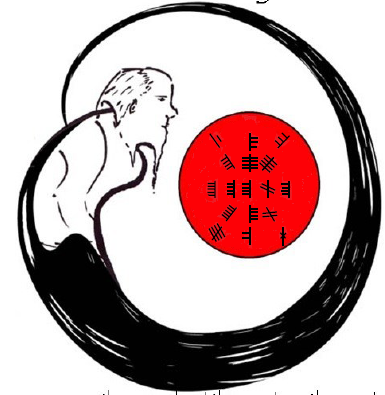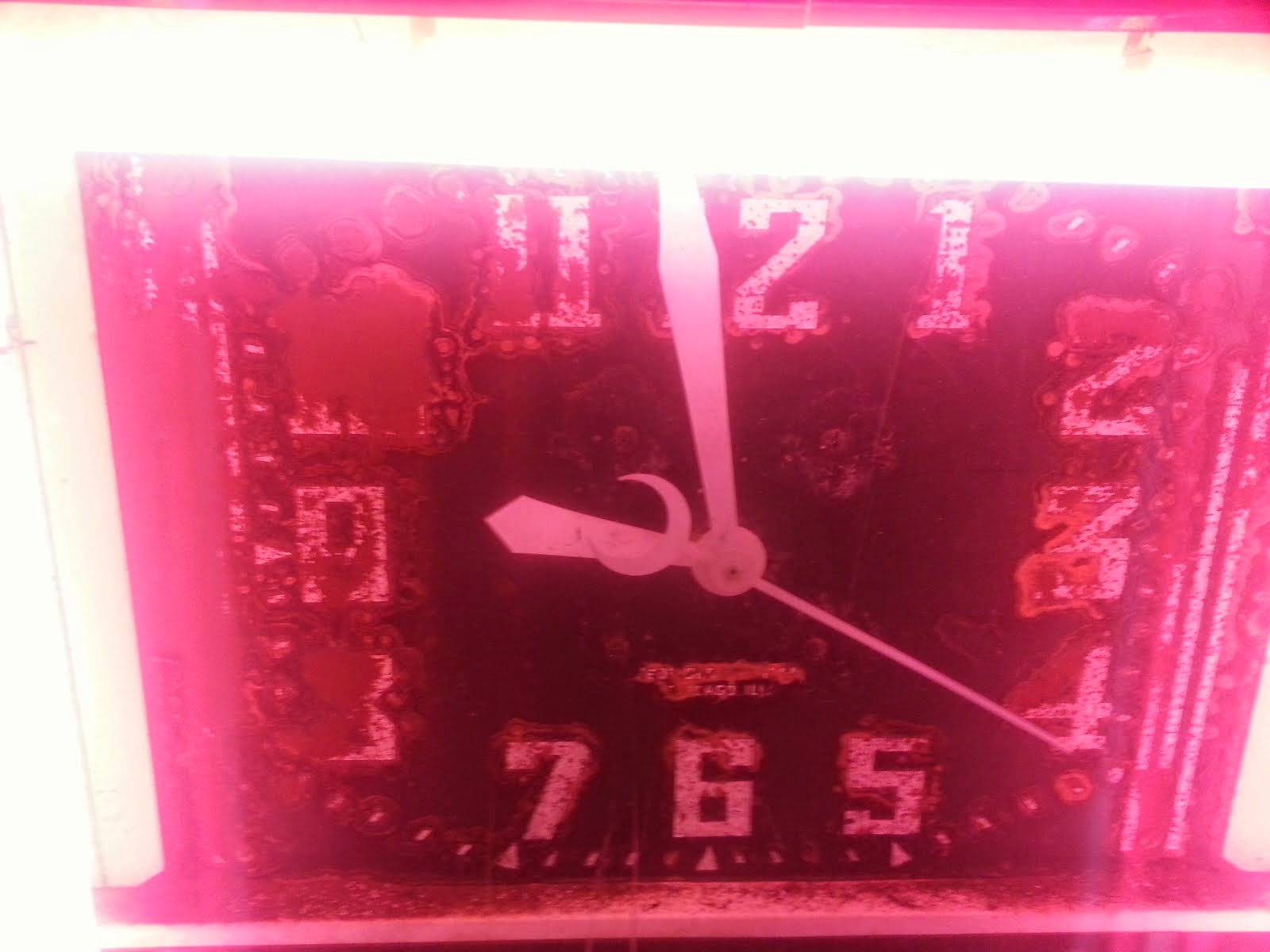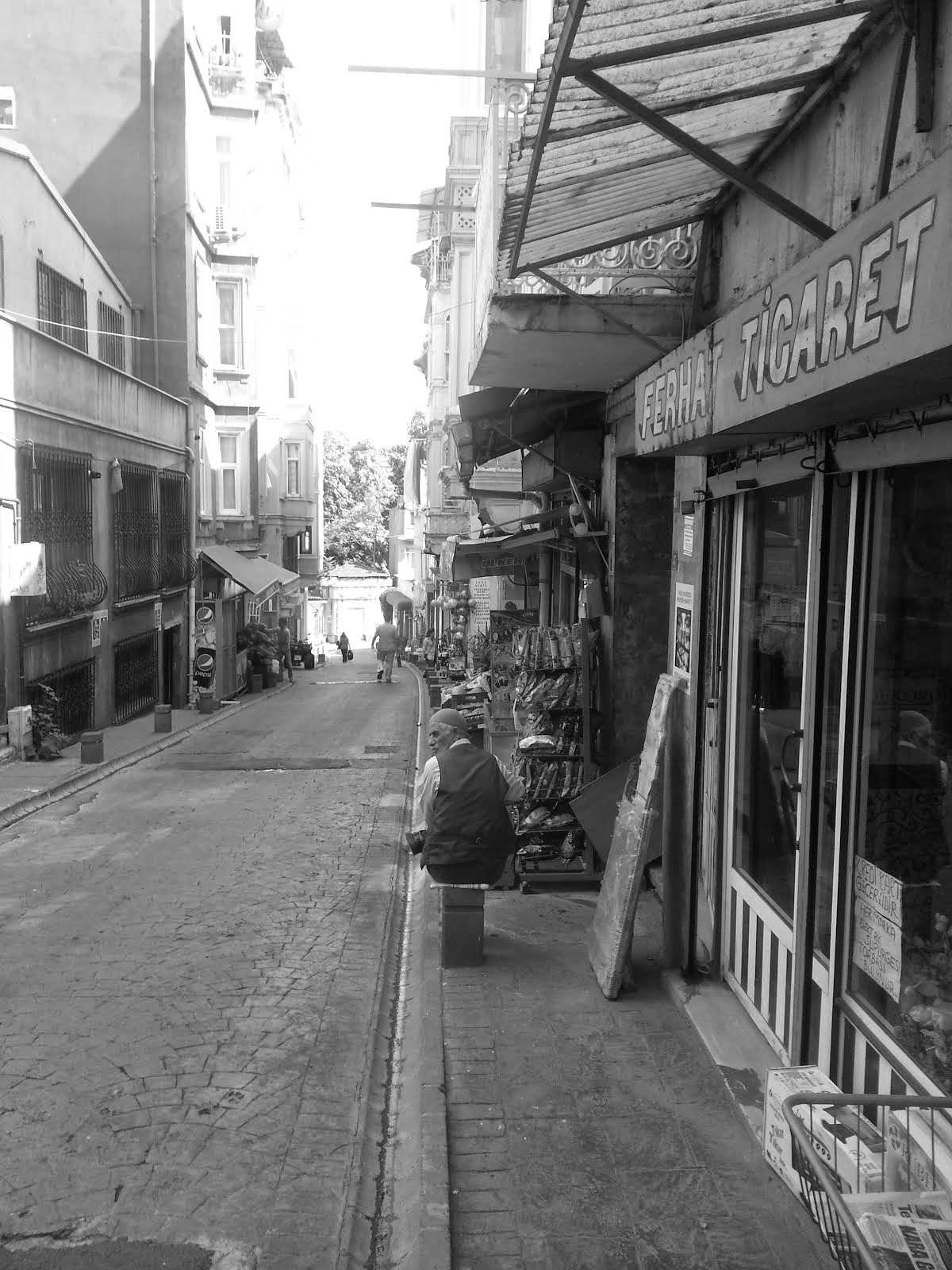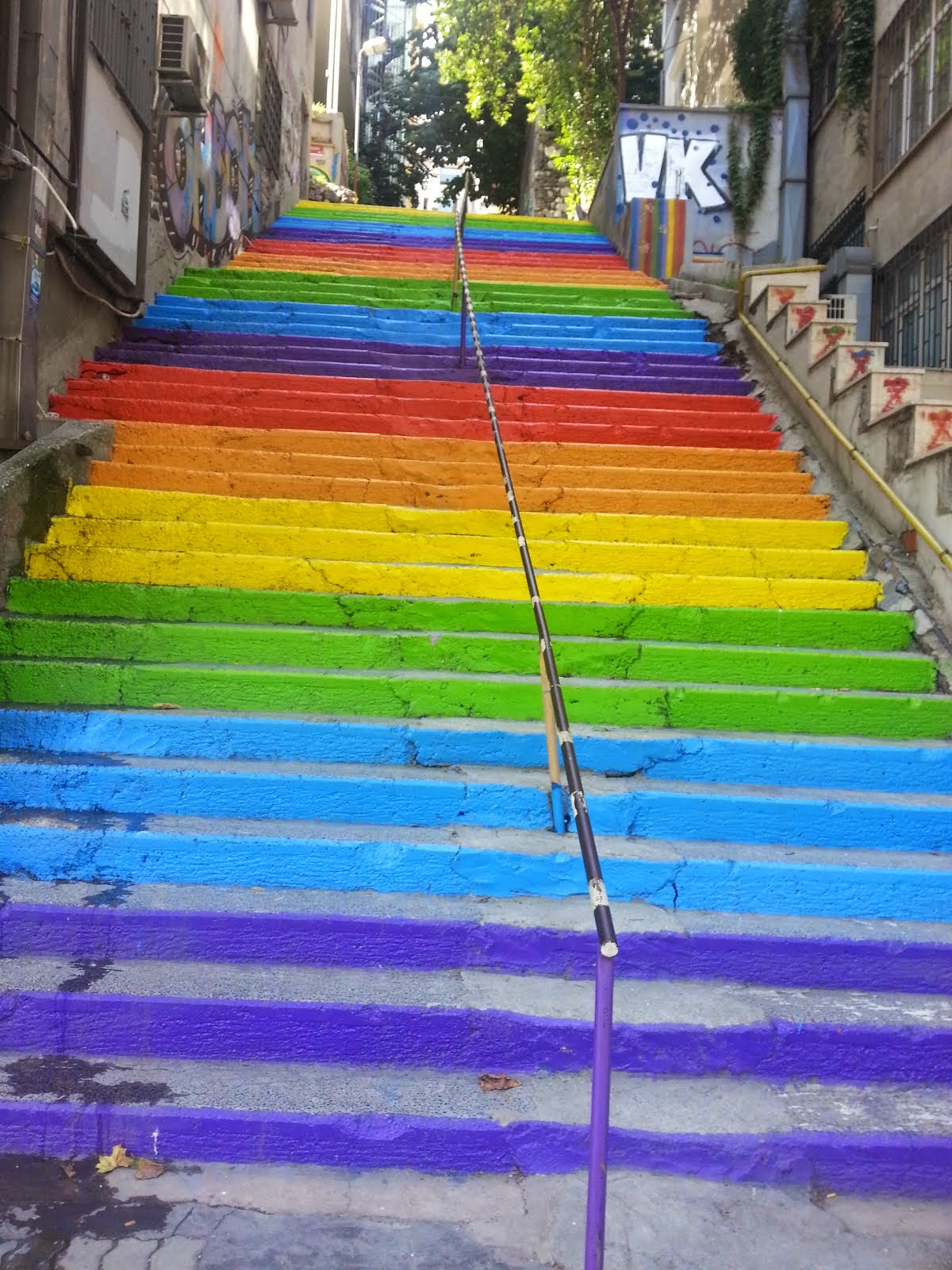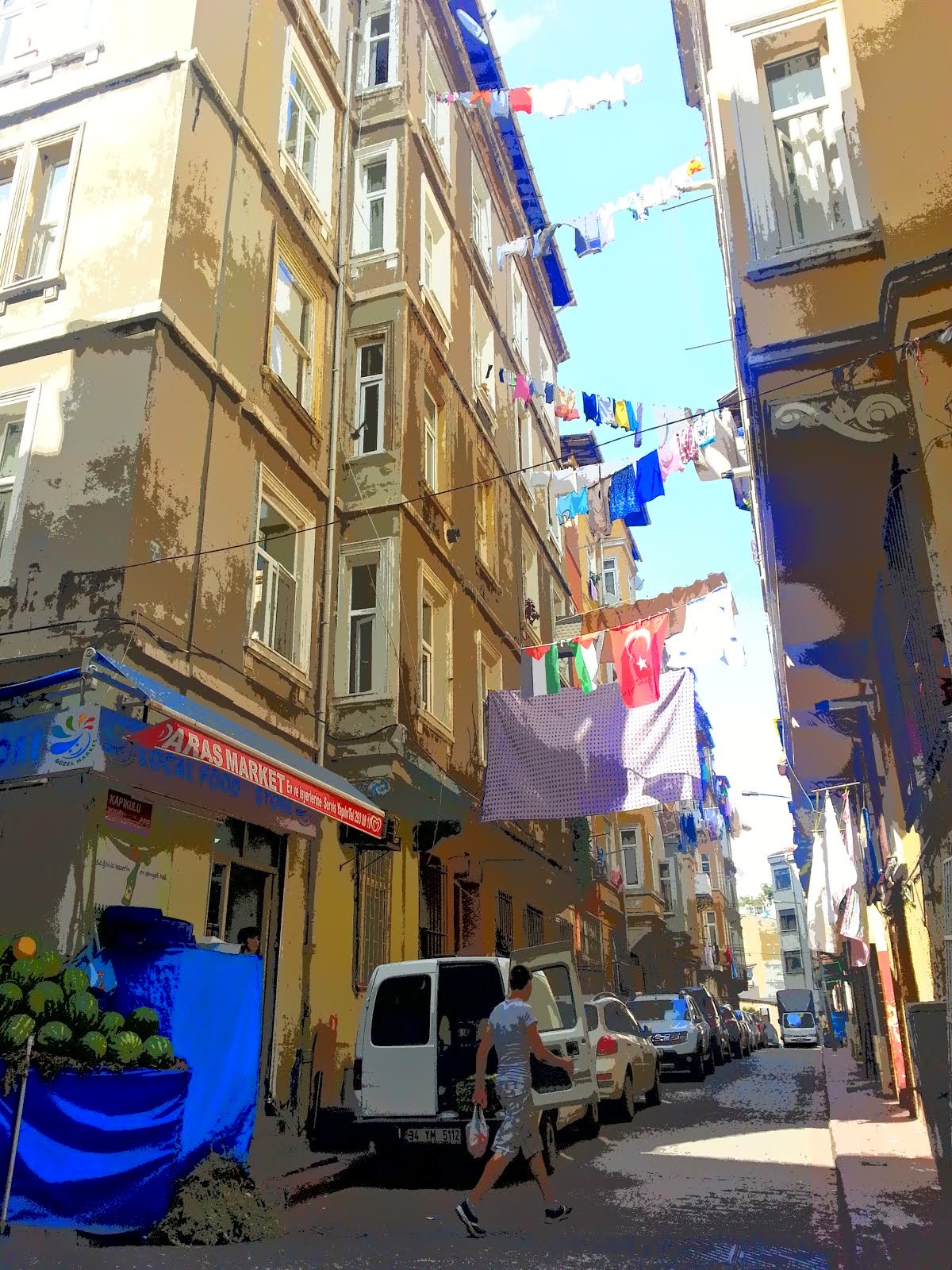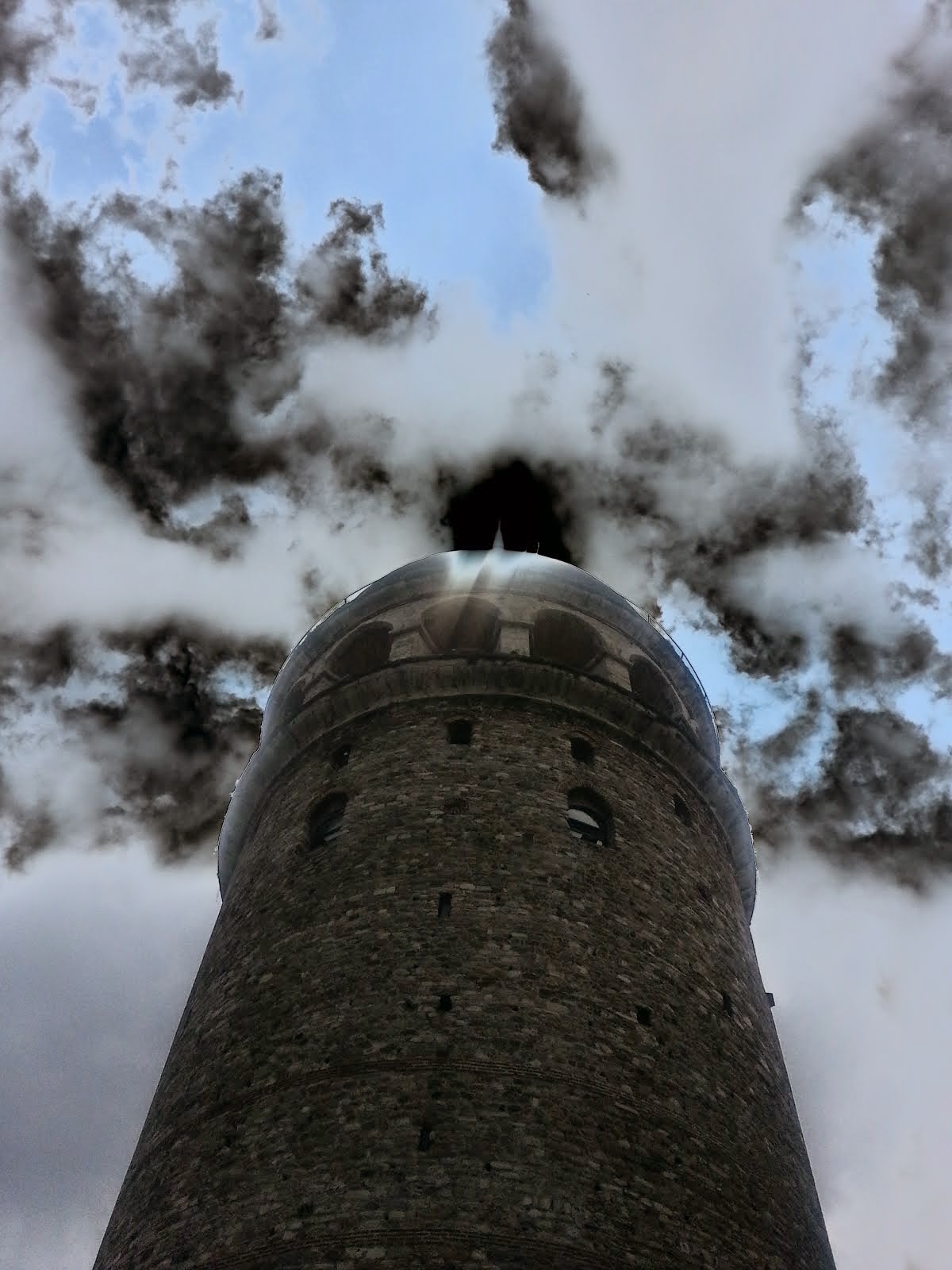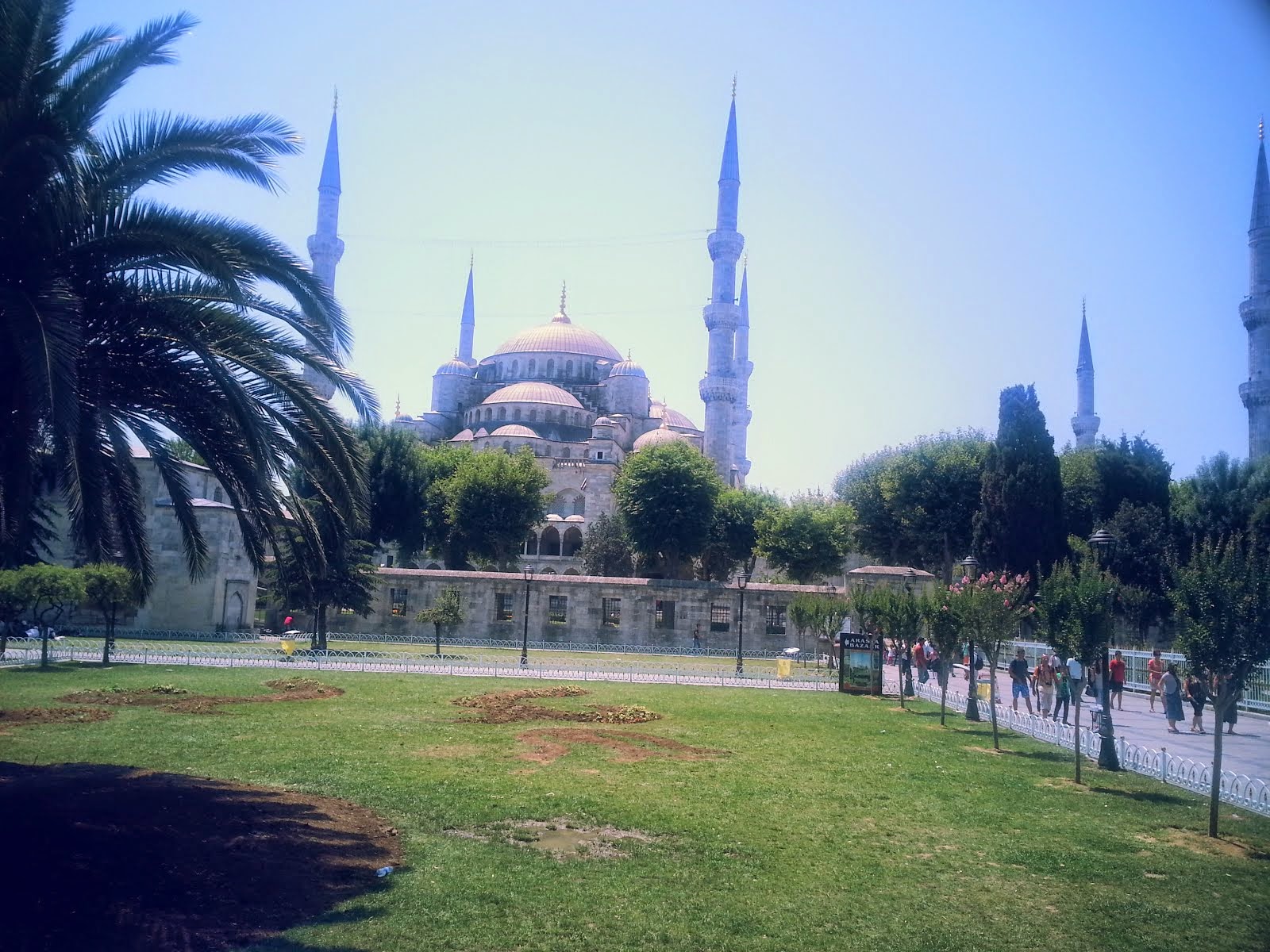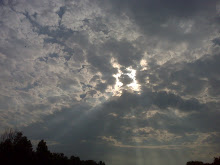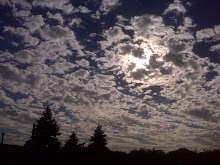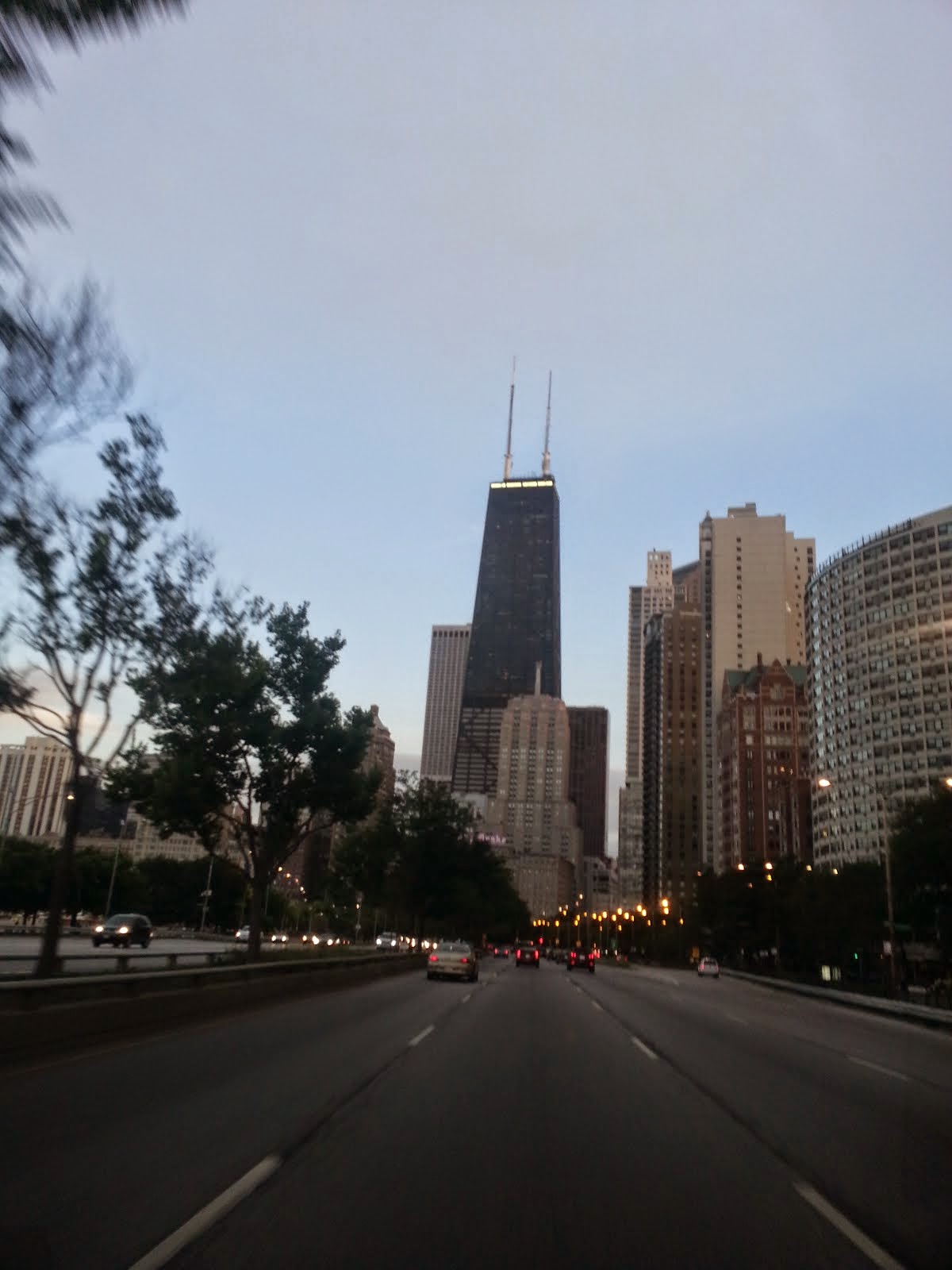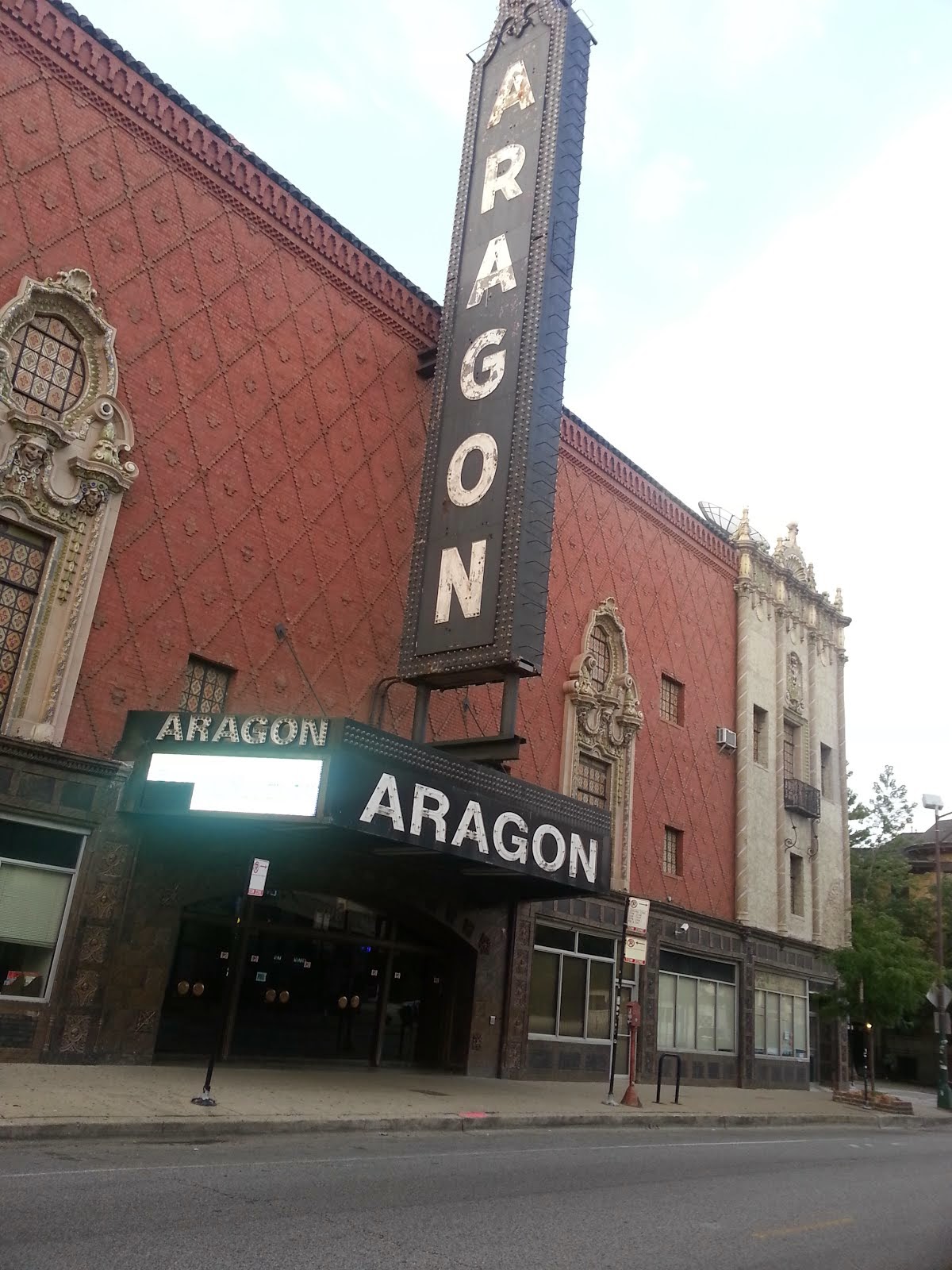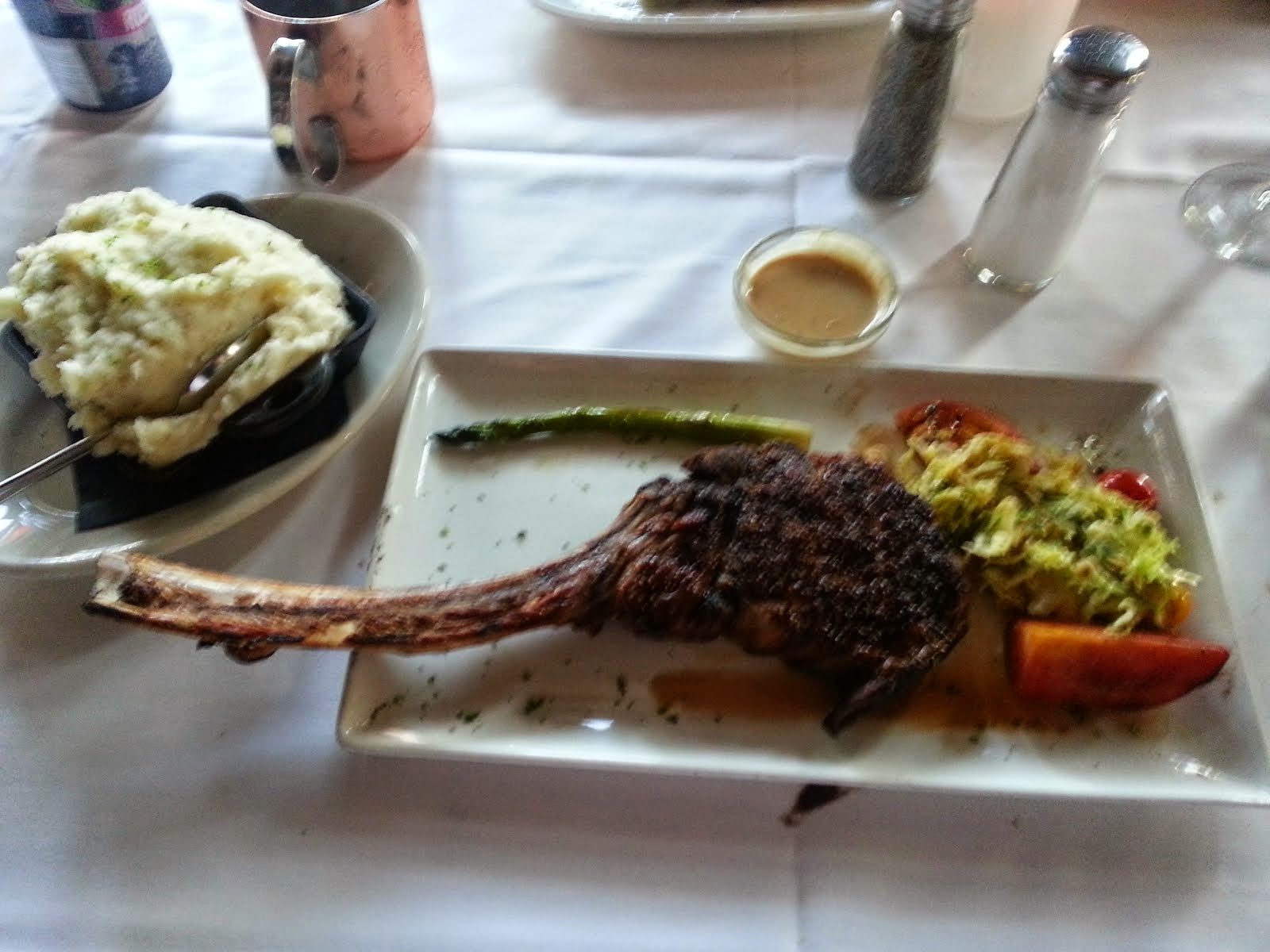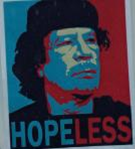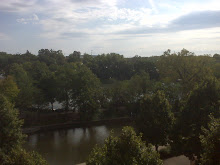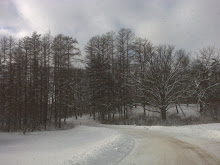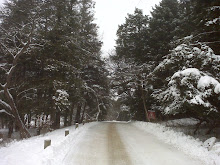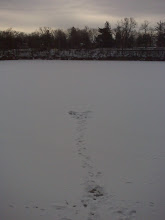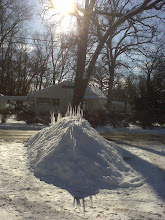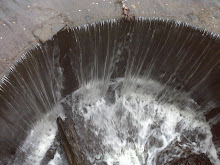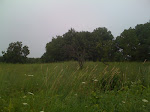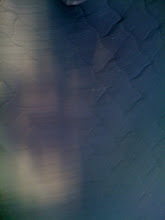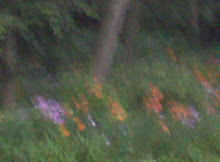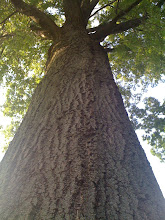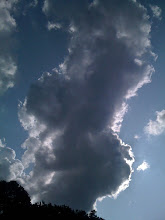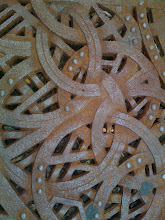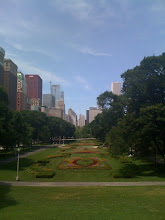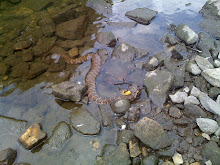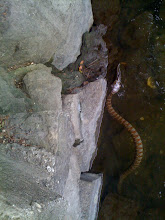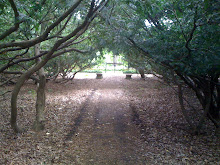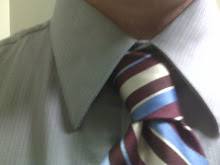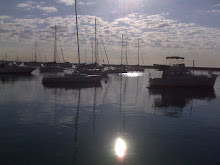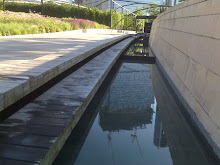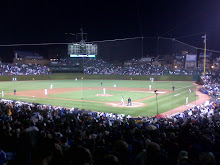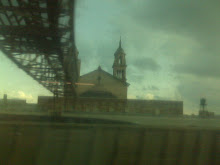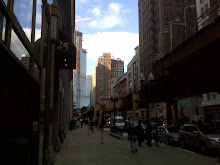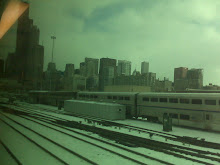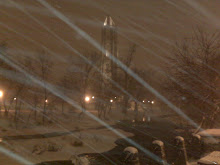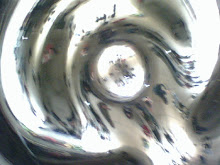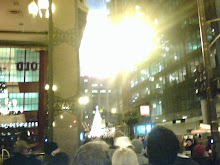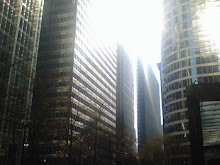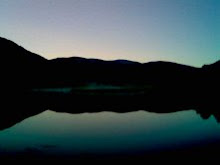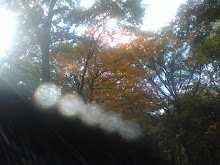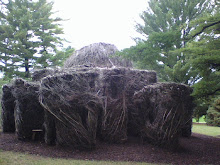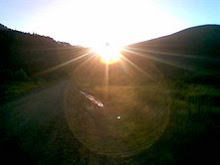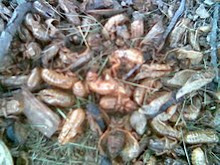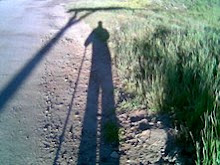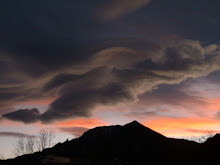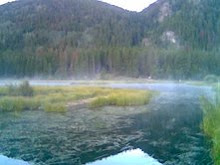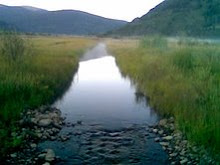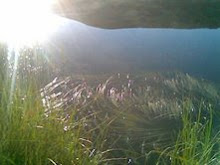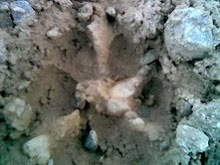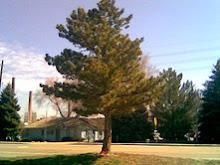I remember Bataan doing a demo of Tai Chi in Shambhala Hall in the historic main building. A really big, cynical guy challenged Bataan after he talked about being as hard as steel or being extremely loose, depending on what the circumstance called for. He invited the big guy forward and he towered over Bataan. Bataan invited the big guy to try and push him over - the big guy tried with all his strength, but he couldn't budge Bataan, he was immovable like a mountain. Bataan paused and asked the big guy to try again, this time Bataan stayed hysterically loose and flexed and bent as the big guy nearly fell over as he pushed hard and found no resistance. The big guy looked stunned, confused, everyone laughed awkwardly then applauded loudly... I have many pleasant memories of witnessing Bataan doing Tai Chi, even practicing with him on occasion. I practiced Aikido w/ Bob Wing, but was always in admiration of Batann's skills and wisdom and his practice and his stance in life... sometimes standing like a mountain, sometimes bending like a willow in the breeze. Peace to you and yours and to Bataan.
Conan Malone
from Tambi Harwood, daughter of Bataan and Jane Faigao
 I am finally posting what I read at Dad's memorial.
I am finally posting what I read at Dad's memorial.Both of my parents died the way they lived their lives. My mother went out in a blaze of glory. My father slipped away quietly. My mother was here and her death was tangible, witnessed and felt by a multitude of people, visitors who came to see her until she was too tired, her mind too far gone. My father died in a place of imagination and poetry. We can only imagine what it was like where he died, how he died. We make it up in our minds, like we have to do when we read poetry. We see images in our minds. Wu Dang Mountain, birthplace of T’ai Chi, happy when they brought him dinner the night before, and when they woke him up, no breath, no breath. We make up stories in our minds about how he died exactly where he wanted, when he wanted and how he wanted. And for us, it is true. And it is an illusion. They both died dramatically. My mom died a loud, dramatic death, yelling at Bataan for poisoning her, hitting, slapping, kicking, spilling water. And then she was burned at the stake, she always imagined herself joining her sisters being burned at the stake. My father died a quiet, equally powerful death. Powerful in its silence. Dramatic in its setting.
I want to tell you a story about my father’s death. The night after he died, I got a call from his tour guide. He explained in English with a strong Chinese accent how hard it was to bring my father down from the mountain, how much work it was, how much money it cost for all of the laborers. He explained in broken English that it would be very difficult to get his ashes and his belongings back to the United States. But he could do it for $15,000. He needed it right away. Just wire the money to New York, and his friend in New York would wire it to him in China. It was partially my fault, because when I found out that Dad had passed on in the hotel and told him to do whatever it would take, no matter what the cost, to take care of him. I took it back, that night. I said, I don’t have $15,000. What about $10,000 he said. Just wire of $10,000, but I need it immediately. Wire it to New York, and my friend in New York will wire it to me. My husband said, he’s trying to run the Nigeria scam with your dad’s body.
I did not send any money to this man who dressed my father in t’ai chi clothes, with socks, and t’ai chi shoes, at considerable cost to himself, and put a jade turtle in his mouth. None of this do I see with my eyes, it all happens in my head, in the landscape of my mind. It is poetry. My father is not just a poet, he is poetry.
The misty mountains in Wu Dang, birthplace of T’ai Chi, poetry. When I asked my father what he wanted to have done with his body after he died, because we talked a lot about life and death when he found out he had liver cancer this summer. When I asked him what he wanted, he said, just burn my body, and bury me in a cardboard box. He always talked about living in a cardboard box. That is exactly how we will receive his body from China, in a cardboard box. My father was not just a poet. He is poetry.
I thought this thing about the money was hilarious. I think my father would have found it funny himself. When he went to the Philippines 12 years ago, he told me a story about how he got lost and ended up in a whore house. They kept sending girls to his room. No, no, he said. I don’t want a girl. So they said, a 12 year old? No, no, he said. A man? No. He locked his door. But it was a good story. Like this, this is a good story. The story of my father on a pilgramage to the Wu Dang Mountain, the birthplace of t’ai chi, dying where he wanted, when he wanted, how he wanted. Not being a burden to his daughters who had already lost a mother. Because, after all, he wouldn’t be there to take care of it. And the story of the tour guide trying to run a Nigeria scam on his daughters with my Father’s body. My father was not just a poet, he was poetry.

